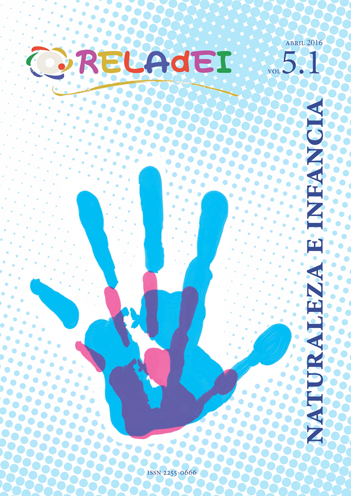Retos educativos de la expo 2015 y la cop 21
Contenido principal del artículo
Resumen
Una de las cuestiones clave del texto es la demanda de globalizar la solidaridad. En el discurso inaugural de la Exposición Universal de Milán, 1 de mayo de 2015, el Santo Padre recordó la importancia del evento para entender el drama de la comida, entre la abundancia y la escasez, la desnutrición y la obesidad. El tema de la Expo, Alimentar el planeta, Energía para la vida, tan importante como para no limitarse a ser la temática de un evento temporal, debe traducirse “en la conciencia de los rostros de millones de personas que pasan hambre, que hoy no van a comer en un modo digno para un ser humano”. La redacción de la encíclica aborda los principales problemas ambientales que tienen una dimensión global y precede en unos pocos meses a la Conferencia de las Naciones Unidas sobre el Cambio Climático (COP 21), evento internacional de 2015 sobre el estado de la casa común. En el Simposio de París, los países están llamados a tomar una posición oficial sobre el cambio climático, problema global que sintetiza la dejadez sustancial con la que las políticas internacionales han tratado el planeta.
La “conciencia de los rostros” implica la educación para la ciudadanía global, con el fin de garantizar la continuidad de acciones para reducir el desperdicio de alimentos y mitigar el cambio climático, educandao en la solidaridad.
palabras clave Encíclica, Retos Educativos, expo 2015, cop 21


